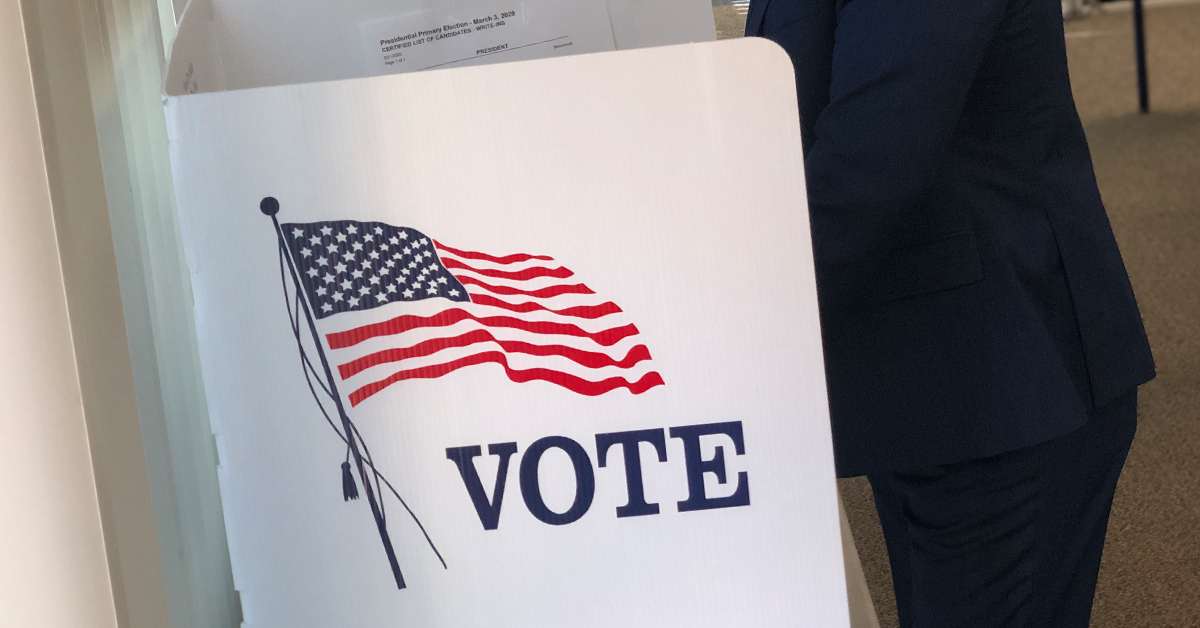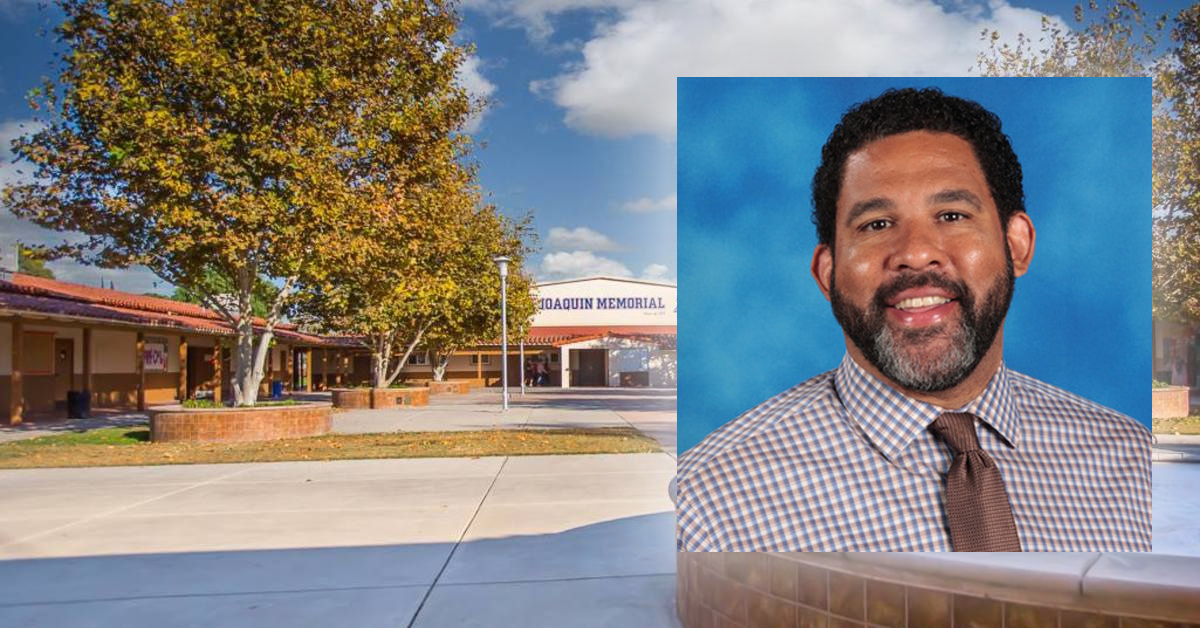First came the proclamation. Then the resolution tumbled into place.
Now comes the hard part for Fresno City Hall – turning the Summerset Village fiasco into a humanitarian, not to mention a policy, success.
The City Council at a special meeting on Monday approved a resolution giving the Administration of Mayor Ashley Swearengin emergency powers to ensure that natural gas service is restored to the sprawling Summerset apartment complex in central Fresno.
Swearengin signed a proclamation last Wednesday that said essentially the same thing.
Monday’s three-and-a-half-hour Council meeting confirmed, among other things, that this story has a mind-numbing array of moving pieces.
Here are 10 quick points from Monday’s events to add, if not a degree of clarity, then at least another perspective.
1.) District 7 Council Member Clint Olivier, who represents the Summerset neighborhood about a quarter-mile south of the Veterans Hospital, was calm and measured in his comments from the dais.
Summerset’s 220 apartments had their natural gas shut off (leaky pipes) on Nov. 12. That meant the tenants had no effective way to heat their homes, cook or bathe with anything other than cold water.
All this as nighttime temperatures plummeted into the 30s.
Olivier and the rest of City Hall didn’t find out about this state of affairs until more than a week later.
“The city of Fresno is not going to tolerate any more slumlords,” Olivier said on Monday.

It was a sincere, if commonplace, response by a politician.
Where Olivier shined was in his references to Summerset owner Chris Henry.
Olivier mentioned Henry by name at least a half-dozen times. Each time, Olivier used both first and last name. Then he added, as if set off by commas for dramatic effect, “slumlord.” And his voice always dropped a bit when he said “slumlord.”
It came out something like this: “Chris Henry – slumlord – we are coming for you.”
Olivier is a former TV journalist. He knows pace and rhythm when it comes to public speaking.
Forget chanting and yelling and anger. Olivier showed how to verbally dominate a foe with cool resolve.
2.) The council met for some 90 minutes in closed session before returning to the dais to consider the emergency resolution. The close-door meeting’s purpose: Discuss whether to sue Henry for all the code violations and human misery he allegedly caused by allowing Summerset to deteriorate.
City Attorney Doug Sloan said the council took no action one way or another.
Stay tuned, though. It sure smells as if somebody will get sued.
3.) Tick-tock.
That’s the one thing the Summerset story desperately needs.
A tick-tock is a newspaper reporter’s term for a step-by-step chronological list of key events in a newsworthy situation. Bill McEwen and John Rich, my old colleagues at The Fresno Bee, were big fans of tick-tocks. Tick-tocks are unbeatable when it comes to boiling the complex down to something manageable.
I asked the Mayor last week at her news conference if the city had a chronological list of contacts between the code enforcement division and officials connected in any way with Summerset. She said she didn’t know.
On Monday at City Hall, I asked Bill Leifer (a Fresno lawyer representing Henry) if he had a similar list from the property-owner’s perspective. He said he didn’t. He said he didn’t know if Henry has one.
That’s frustrating.
There are so many government agencies, private-sector players, community-based organizations and individuals involved in this disaster. It’s imperative that the public find out who knew what, and when.
And I’m not talking about the last two or three weeks. I want to know what was going on for the last year or two.
4.) The mayor’s emergency proclamation said there were nearly 1,100 residents at Summerset when the natural gas went off. The council’s emergency resolution said the population was nearly 1,800.
If the latter is closer to the truth, that means Summerset at its peak population had on average about eight people per apartment.
Eighteen hundred is the size of a small town. I’m guessing El Dorado Park, near the Fresno State campus, has about 1,800 residents.
El Dorado Park gets a great deal of attention from City Hall and others. El Dorado Park has a small community center/playground. El Dorado Park is cared for by Wesley United Methodist Church. Stone Soup Fresno also is a loyal partner with El Dorado Park’s residents. Fresno State social work students are constantly heading to El Dorado Park to help. And El Dorado Park has its own community development corporation.
I get no sense that Summerset’s residents before mid-November 2015 got anywhere near this attention.
There’s a story there somewhere.
5.) Leifer spoke briefly to the council on Henry’s behalf. In essence, he said Henry is misunderstood by City Hall and the public. Leifer said the city should look in the mirror when casting about for someone to blame.
Council members blasted Leifer for what they said was his thick-headed analysis of the situation.
Everyone’s buck-passing talk made me think of what’s called the Bystander Effect or, more poignantly, the Genovese Syndrome.
Kitty Genovese was a 28-year-old tavern manager who was stabbed to death in the early morning hours of March 13, 1964 near her home in the borough of Queens in New York City.
The conventional wisdom that emerged over the years was that Genovese’s neighbors heard her screaming for help but did nothing. Everyone in essence said to themselves: “It’s not my problem” or “someone else will call the cops.”
Some people now consider this to be more urban legend than fact.
But the Bystander Effect, the idea of the responsibility to act getting diffused to the point of inaction when people get bunched in a crowd, is very much studied by experts to this day.
The Summerset crisis was years in the making. It’s not unreasonable to think the Bystander Effect was involved.
6.) Hundreds of Summerset residents have fled the apartment complex to live elsewhere in the area with family members. The Summerset population now is estimated at about 500.
The council, in particular Council President Oliver Baines, said the city should consider helping those families that have taken in their relatives. He didn’t identify the nature of that help, but it almost certainly would include money.
City Manager Rudd was asked after the council meeting if the general fund reserve would be tapped to help these families or hire more code enforcement officers.
Rudd said there are general fund dollars available to help in this crisis. He said the general fund reserve might not grow this fiscal year as quickly as was anticipated during the June budget hearings.
Expect more talk at City Hall about the fate of the reserve.
7.) City officials and various volunteers helping at Summerset have described the crisis as “man-made.”
Henry gets a lot of the blame. For example, in addition to the leaky natural gas pipes (they belong to the apartment complex, not PG&E), city officials have found 924 code violations in 160 apartments. Another 60 apartments have yet to be inspected by code-enforcement officers.
Fresno doesn’t get many natural disasters of the sudden kind. The current drought is terrible, but it’s been four years in the making. Hurricanes don’t hit here. Tornadoes are rare.
The Summerset crisis made me think of early January 1997 when a severe and unusually warm storm suddenly melted a rather heavy Sierra Nevada snowpack. The San Joaquin River rose fast. A mobile home park along the river in north Fresno was hit hard.
Over the course of a year, I wrote a handful of stories for The Bee about Vernice Pierce, 65, who, in one night, had her life turned upside-down when she was flooded out of her home at the park.
Vernice survived, but things were never the same for her. She ended up moving to Southern California.
My heart goes out to the residents of Summerset Village. They deserve all the help they can get.
But what happened to them wasn’t what happened to Vernice Pierce.
8.) Many children lived at Summerset. Many elderly people, too. They apparently went eight days without heat or hot water before anyone with the will or authority to act was contacted.
On Monday, I asked city Communications Director Mark Standriff if anyone from City Hall has contacted Fresno County’s Child Protective Services division, the Public Guardian (who protects the elderly unable to care for themselves) or the District Attorney’s Office.
Standriff said county officials are aware of the situation at Summerset. He said he didn’t know if those specific offices were contacted.
9.) I can’t figure out why some city officials say cultural factors explain why Summerset residents – most of whom are of Southeast Asian heritage – didn’t immediately complain to proper authorities as soon as the natural gas was turned off.
I’ve heard these city officials say the Southeast Asian residents were too nervous or frightened to speak up. Or, that they come from a culture that frowns on such talk to people in power.
If that is to be believed, then we must believe that these Summerset residents would rather see their children and elders (not to mention themselves) suffer in the cold than act.
I find that hard to believe.
After Monday’s council meeting, I walked to the west side of downtown’s Courthouse Park. That’s where the Lao Hmong American War Memorial is located.
“Dedicated to the Lao and Hmong soldiers who fought courageously alongside American soldiers in Laos during the Vietnam War,” are the inscribed words on one side of the memorial. “… This memorial reminds future generations of our enduring appreciation of a people, a time, and a sacrifice that must never be forgotten.”
The memorial depicts two Lao/Hmong soldiers helping a stricken American pilot. There are many striking aspects to this scene. What struck me on Monday was the posture of the two Lao/Hmong soldiers.
Modern warfare, whether in 1968 or 2015, is an exceedingly sophisticated and technology-driven affair. The two Lao/Hmong soldiers atop the memorial are armed with modern weapons. One of the soldiers is speaking into a wireless radio, obviously telling a distant command where to send help.
The two Lao/Hmong soldiers are in command of the situation. They are the essence of initiative. They are honored and equal allies to the greatest military power on earth.
And these two Lao/Hmong soldiers atop this memorial are representative of their culture and their people.
Make no mistake, I get it – not everyone in the Lao/Hmong/Cambodian cultures is a trained soldier. The same can be said for any ethnic or racial group. And not everyone feels comfortable in confronting the System or the Establishment. This can be especially true for someone who wasn’t born in the United States.
I’m just saying I believe the symbolism of the Lao Hmong war memorial – when their self-interest is involved, when their family’s welfare is at stake, Fresno’s residents of Southeast Asian descent aren’t as passive and meek as some at City Hall claim. They have free will. They know how to act, and do so.
Something to keep in mind as the Summerset story unfolds.
10.) What are the odds someone (or something) other than Chris Henry owns Summerset Village a year from now?
I’ll say better than 50-50.








Good to see you in print again George.